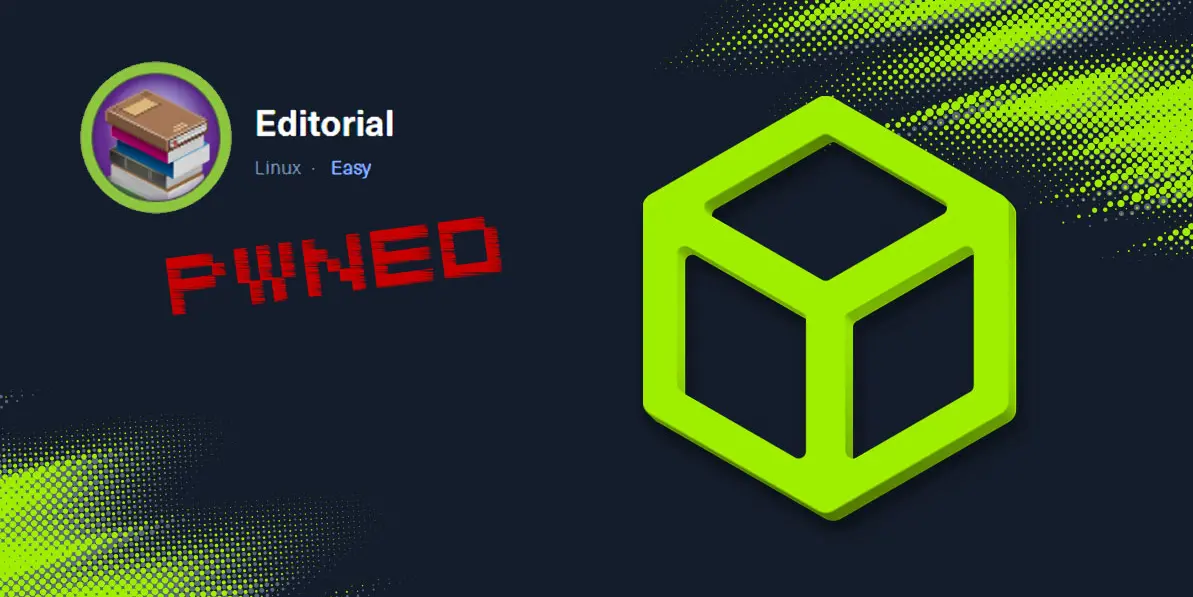Editorial HTB: Ethical Hacking and Cybersecurity Learning
Editorial HTB has become an increasingly popular topic in the cybersecurity and ethical hacking communities. This comprehensive guide will explore what editorial HTB is, its significance, and how it relates to the broader field of penetration testing and cybersecurity education.
What is HTB?
Before diving into editorial HTB specifically, it’s essential to understand what HTB stands for and its context:
- HTB: Hack The Box
- An online platform for cybersecurity training and penetration testing practice
- Offers various challenges and virtual machines for users to “hack” ethically
Key Features of Hack The Box
- Realistic environments
- Diverse range of difficulty levels
- Active community of security professionals and enthusiasts
- Regular updates with new challenges
Editorial HTB: Defined
Editorial HTB refers to the written walkthroughs, guides, and explanations provided for various Hack The Box challenges. These editorials serve multiple purposes:
- Educate users on different hacking techniques
- Provide step-by-step solutions to challenges
- Offer insights into the thought processes of experienced hackers
Importance of Editorial HTB
- Learning tool for beginners
- Reference material for experienced professionals
- Promotes knowledge sharing within the cybersecurity community
- Enhances problem-solving skills
Structure of a Typical Editorial HTB
Most editorial HTB entries follow a similar structure to ensure clarity and comprehensiveness:
- Challenge Overview: Brief description of the target machine or challenge
- Enumeration: Initial information gathering steps
- Exploitation: Detailed explanation of vulnerabilities and how to exploit them
- Privilege Escalation: Methods to gain higher-level access
- Post-Exploitation: Additional steps after gaining control
- Conclusion: Summary of key takeaways and learning points
Benefits of Using Editorial HTB
For Beginners
- Provides a starting point for tackling complex challenges
- Introduces various tools and techniques used in ethical hacking
- Builds confidence in approaching different types of vulnerabilities
For Experienced Users
- Offers alternative perspectives on solving challenges
- Keeps skills sharp by exposing users to new attack vectors
- Serves as a quick reference for specific techniques or tools
Creating Effective Editorial HTB Content
If you’re interested in contributing to the editorial HTB community, consider these best practices:
- Clear and Concise Writing: Use straightforward language to explain complex concepts
- Step-by-Step Instructions: Break down the process into manageable chunks
- Include Screenshots: Visual aids can greatly enhance understanding
- Explain the “Why”: Don’t just list commands; explain the reasoning behind each step
- Highlight Alternative Methods: Showcase different approaches to solving the challenge
Popular Tools Mentioned in Editorial HTB
Editorial HTB often references various tools used in penetration testing. Some commonly mentioned tools include:
- Nmap: Network scanning and discovery
- Metasploit: Exploitation framework
- Burp Suite: Web application security testing
- Gobuster: Directory and file brute-forcing
- John the Ripper: Password cracking
Example Usage in Editorial HTB
Here’s a brief example of how an editorial HTB might describe using one of these tools:
To enumerate open ports on the target machine, we’ll use Nmap: nmap -sC -sV -p- 10.10.10.x This command performs a full port scan (-p-) with default scripts (-sC) and version detection (-sV)
Ethical Considerations in Editorial HTB
While editorial HTB provides valuable information, it’s crucial to address the ethical implications:
- Responsible Disclosure: Ensure that challenges are no longer active before publishing detailed solutions
- Emphasize Ethical Use: Stress the importance of applying these skills only in authorized environments
- Promote Legal Compliance: Remind readers to obtain proper permissions before testing real-world systems
The Role of Editorial HTB in Cybersecurity Education
Editorial HTB plays a significant role in shaping the next generation of cybersecurity professionals:
- Practical Application: Bridges the gap between theoretical knowledge and real-world scenarios
- Continuous Learning: Keeps professionals updated on the latest attack techniques and defenses
- Community Building: Fosters a collaborative environment for knowledge sharing
Integration with Formal Education
Many cybersecurity programs now incorporate HTB challenges and editorials into their curricula:
- Hands-on labs based on HTB machines
- Analysis of editorial HTB content for learning methodologies
- Encouraging students to contribute their own editorial HTB write-ups
Challenges in Creating Editorial HTB Content
Authors of editorial HTB face several challenges:
- Balancing Detail and Brevity: Providing enough information without overwhelming readers
- Staying Current: Keeping up with rapidly evolving technologies and techniques
- Avoiding Spoilers: Maintaining challenge integrity for active boxes
- Catering to Different Skill Levels: Creating content accessible to beginners while still valuable to experts
Future Trends in Editorial HTB
As the cybersecurity landscape evolves, so too will editorial HTB. Some potential future trends include:
- Video Walkthroughs: Increased use of video content alongside written editorials
- Interactive Guides: Developing platforms that allow users to follow along in real-time
- AI-Assisted Learning: Implementing AI to provide personalized guidance based on user skill levels
- Focus on Emerging Technologies: More editorials covering IoT, cloud security, and AI/ML vulnerabilities
How to Get Started with Editorial HTB
If you’re new to editorial HTB and want to start leveraging this resource:
- Sign up for Hack The Box: Create an account on the platform
- Start with Beginner-Friendly Machines: Look for challenges labeled as “Easy”
- Read Multiple Editorials: Compare different approaches to the same challenge
- Practice Regularly: Apply what you learn from editorials to new challenges
- Join the Community: Engage in forums and discussions to share insights
Best Practices for Using Editorial HTB
To make the most of editorial HTB resources:
- Attempt Challenges First: Try to solve the machine on your own before consulting editorials
- Take Notes: Document your process and compare it with the editorial
- Experiment with Tools: Use editorials as a starting point to explore new tools and techniques
- Contribute Your Own Insights: Share your unique approaches or discoveries with the community
- Apply Knowledge to Real-World Scenarios: Use what you learn to improve your organization’s security
Common Misconceptions About Editorial HTB
It’s important to address some misconceptions surrounding editorial HTB:
- “It’s Cheating”: Using editorials is not cheating; it’s a valuable learning tool when used appropriately
- “One-Size-Fits-All Solutions”: Every network is unique, and real-world applications require adaptation
- “Only for Beginners”: Even experienced professionals can benefit from editorial HTB insights
- “Encourages Malicious Hacking”: Editorial HTB promotes ethical hacking and responsible disclosure
The Impact of Editorial HTB on the Cybersecurity Industry
Editorial HTB has had a significant impact on the broader cybersecurity landscape:
- Skill Development: Accelerates the growth of both new and experienced professionals
- Standardization of Practices: Establishes common methodologies and best practices
- Innovation: Encourages the development of new tools and techniques
- Talent Identification: Helps companies identify skilled individuals for recruitment
Conclusion
Editorial HTB is a vital resource in cybersecurity, bridging theoretical knowledge with practical application and fostering a community of skilled ethical hackers. It provides detailed insights into challenges and techniques, supporting both beginners and experienced professionals in their journey. As cybersecurity evolves, editorial HTB will remain crucial for continuous learning and skill refinement. Engaging with its content responsibly contributes to a safer digital world.







